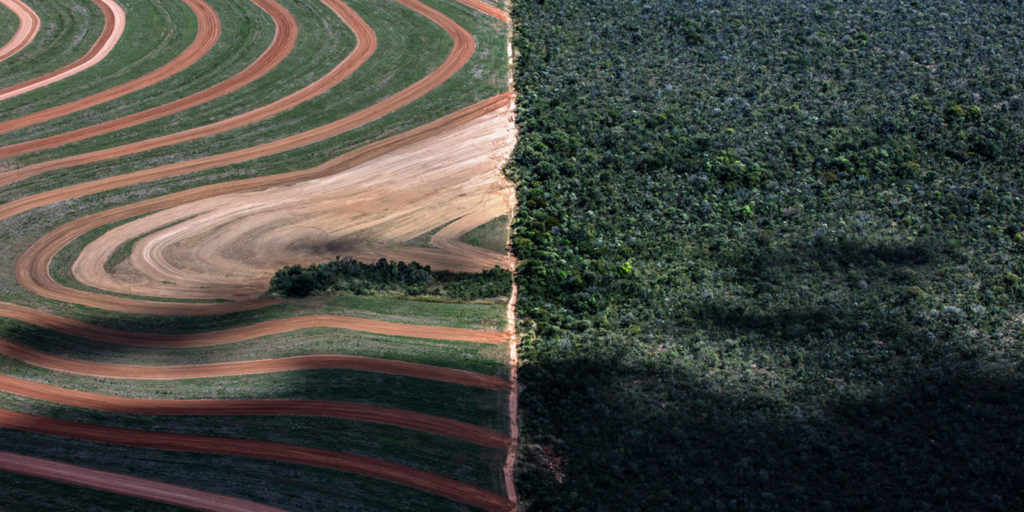New research published by the Institute of Development Studies this week shows how the Brazilian Cerrado, one of the most biodiverse regions in the world, is being exploited by agribusiness using increasingly violent strategies, including arson attacks against traditional communities.

The Cerrado, a vast and biodiverse biome which concentrates 5% of the planet’s species, has been transformed into an industrial agricultural zone in a decades-long process which has been hailed as ‘the miracle of the Cerrado’. A new IDS Bulletin shows this ‘miracle’ has come at the expense of biodiversity loss, environmental damage and the livelihoods of thousands of The Cerrado’s indigenous and traditional communities.
The Cerrado has emerged as a ‘sacrifice zone’ to feed the world while avoiding the advance of the agricultural production frontier further into the Amazon, which has stricter land use restrictions. This research challenges the Cerrado’s portrayal as a success story of agricultural modernisation, instead showing how agribusinesses have become increasingly comfortable using violent strategies against rural and black peasant populations, whilst restrictions imposed by the Covid-19 pandemic are holding back the institutions that work for the security of these communities.
Lidia Cabral, IDS Research Fellow and one of the Bulletin’s editors, said:
“Despite the gloomy stories of violence, land and nature grabbing that this IDS Bulletin shows have been going on for decades, it is encouraging to see the dedication of young scholars in Brazil, who use research as a tool for justice and are assembling alternative visions of the Cerrado, not just as bio-diverse but also socio-culturally diverse territory.”
Sérgio Sauer, Researcher at the University of Brasília and one of the Bulletin’s editors, said:
“The invention of the agricultural frontier called Matopiba has made explicit the social, economic, political and environmental consequences of the intensive agricultural expansion in the Brazilian Cerrado. These consequences – caused by profound and even violent changes in land use and the appropriation of nature – have been the engine of critical and engaged academic reflections, amplifying the voice and resistance of peasant populations. The research in this collection draws lights these conflicts and struggles on the Brazilian agricultural frontier.”
Authored by researchers from Brazilian and British universities, the papers offer new empirical material on the battles that have engulfed people and nature in the Cerrado for half a century. In one paper by Ramos Júnior, de Aguiar and Kantamaneni, participatory research methods and satellite imagery are combined to map fire and arson attacks in the Matopiba region, responsible for 10 per cent of Brazil’s grain production. By creating spatial representations of the fire’s locations, researchers show that arson attacks are intensifying close to peasant farmland and settlements on agricultural frontiers.
They argue that arson attacks in agriculturally productive areas and home gardens are being used as an eviction strategy by elite agribusiness farmers aiming to create insecurity and force the community to abandon its territory. Other articles in the issue show the extent of land grabbing, water grabbing, and violent extraction taking place as the agricultural frontier expand further.
Three themes cut across the seven papers in this Bulletin:
- the logic of extraction in an agricultural frontier
- the grabbing of natural resources in the name of sustainability, and
- conflicts and resistance movements against appropriation of the Cerrado.
The IDS Bulletin concludes with an agenda for research and action to reclaim the Cerrado, alongside other agricultural frontier territories across the world, as part of the global effort towards sustainable transformation of food systems away from intensive agriculture to secure justice for nature and people alike.